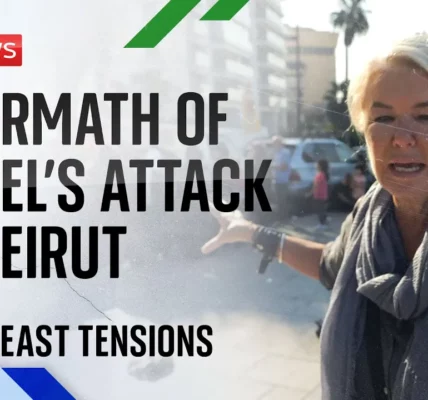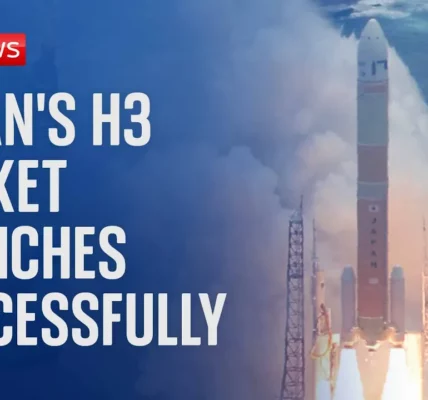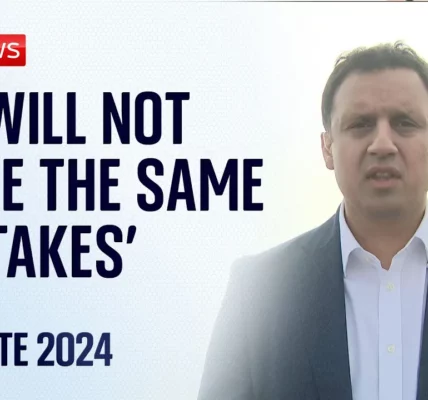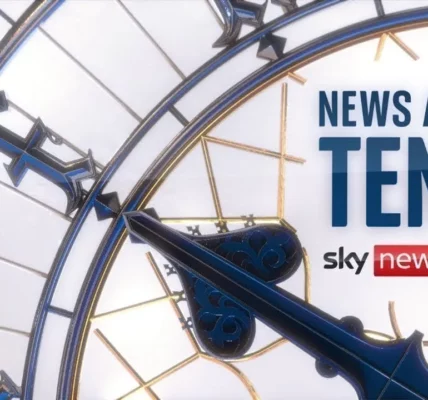The Enemy Will Face Severe Punishment: Hezbollah’s Retaliation Against Israel

This article provides a comprehensive overview of the recent escalation in violence between Hezbollah and Israel, examining the political ramifications, military actions, and the humanitarian crisis unfolding in the region.
Introduction
The ongoing conflict between Hezbollah and Israel has reached a critical point, with recent military confrontations resulting in significant casualties and political fallout. As tensions rise, Hezbollah’s leader has made strong statements promising retaliation against Israel for its actions, marking a dangerous escalation in the ongoing feud. This article delves into the details of the conflict, the military strategies employed by both sides, and the broader implications for regional stability.
Recent Developments in the Conflict
The situation has escalated dramatically, with Hezbollah’s leader accusing Israel of detonating thousands of electronic devices across Lebanon. This accusation has reverberated through the region, prompting fears of an all-out war. In the wake of these events, both sides have exchanged fire across the border, leading to the deaths of Israeli soldiers and numerous civilians.
Military Actions
Hezbollah has retaliated against Israel, launching attacks that include:
- Firing anti-tank missiles targeting Israeli military positions.
- Deploying drones to conduct surveillance and engage in combat.
- Striking multiple Israeli infrastructure sites in response to prior attacks.
Humanitarian Impact
The recent violence has had devastating effects on civilians, with reports indicating that at least 37 individuals have died in Lebanon due to the explosions. Hospitals are overwhelmed with casualties, raising concerns about their capacity to handle further emergencies. Medical staff have reported handling severe injuries, including children being transferred for treatment to allied nations.
Political Implications
The escalation of hostilities has prompted international responses, with Britain calling for an immediate ceasefire. The Prime Minister has insisted on maintaining control over the situation, despite facing scrutiny over the government’s handling of various crises, including the handling of early prisoner releases and compensation for victims of the Horizon scandal.
International Reactions
Global leaders have expressed concern over the potential for a wider conflict, emphasizing the need for diplomatic solutions. Key points include:
- The urgency for ceasefire negotiations to prevent escalation.
- Warnings issued to nationals in the region to evacuate.
- Calls for humanitarian aid to address the growing crisis.
Domestic Political Reactions
Back in the UK, the Prime Minister’s leadership is under scrutiny as political opponents capitalize on the government’s challenges. The implications of the conflict on domestic policy are becoming increasingly prominent, with calls for accountability and effective governance amidst ongoing crises.
Public Sentiment and Support
In Lebanon, public sentiment is deeply affected by the recent violence. Many Hezbollah supporters view the deaths of their comrades as martyrdom, fueling further animosity towards Israel. The mood in southern Beirut reflects a blend of defiance and anxiety, as communities brace for more violence.
Community Reactions
Residents have expressed their fears and hopes for retaliation, with some stating:
- “We will witness our revenge and victory.”
- “The enemy has crossed all red lines.”
Media Coverage
The media plays a crucial role in shaping public opinion, with coverage focusing on the military actions, political statements, and humanitarian consequences of the conflict. As the situation evolves, the narrative continues to shift, impacting how citizens perceive their leaders and the ongoing violence.
Conclusion
The situation between Hezbollah and Israel remains tense and volatile, with both sides poised for further military engagement. The humanitarian crisis is deepening, and the political implications are significant not only for the region but also for international relations. As the world watches closely, the need for diplomatic intervention becomes increasingly urgent. It is crucial for global leaders to engage in meaningful dialogue to prevent further escalation of violence. Readers are encouraged to stay informed and engaged with the developments in this critical situation.
Call to Action: For more information on the ongoing conflict and its impact, explore our related articles on Middle East affairs and humanitarian responses.
“`




